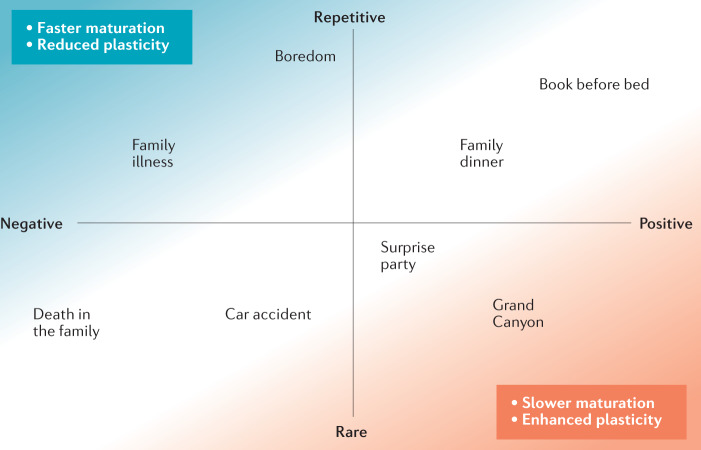Fig. 3. Integrative theory: childhood experiences affect the pace of brain development.
According to our model, experiences that are chronic or repetitive and negative encourage faster maturation and increase allostatic load, potentially restricting plasticity. Experiences that are rare and positive, triggering surprise and awe, are associated with strong neurochemical signals to delay maturational processes and enhance plasticity. Experiences in the other quadrants (rare and negative, or repetitive and positive) are predicted to have smaller effects on the global pace of maturation.

